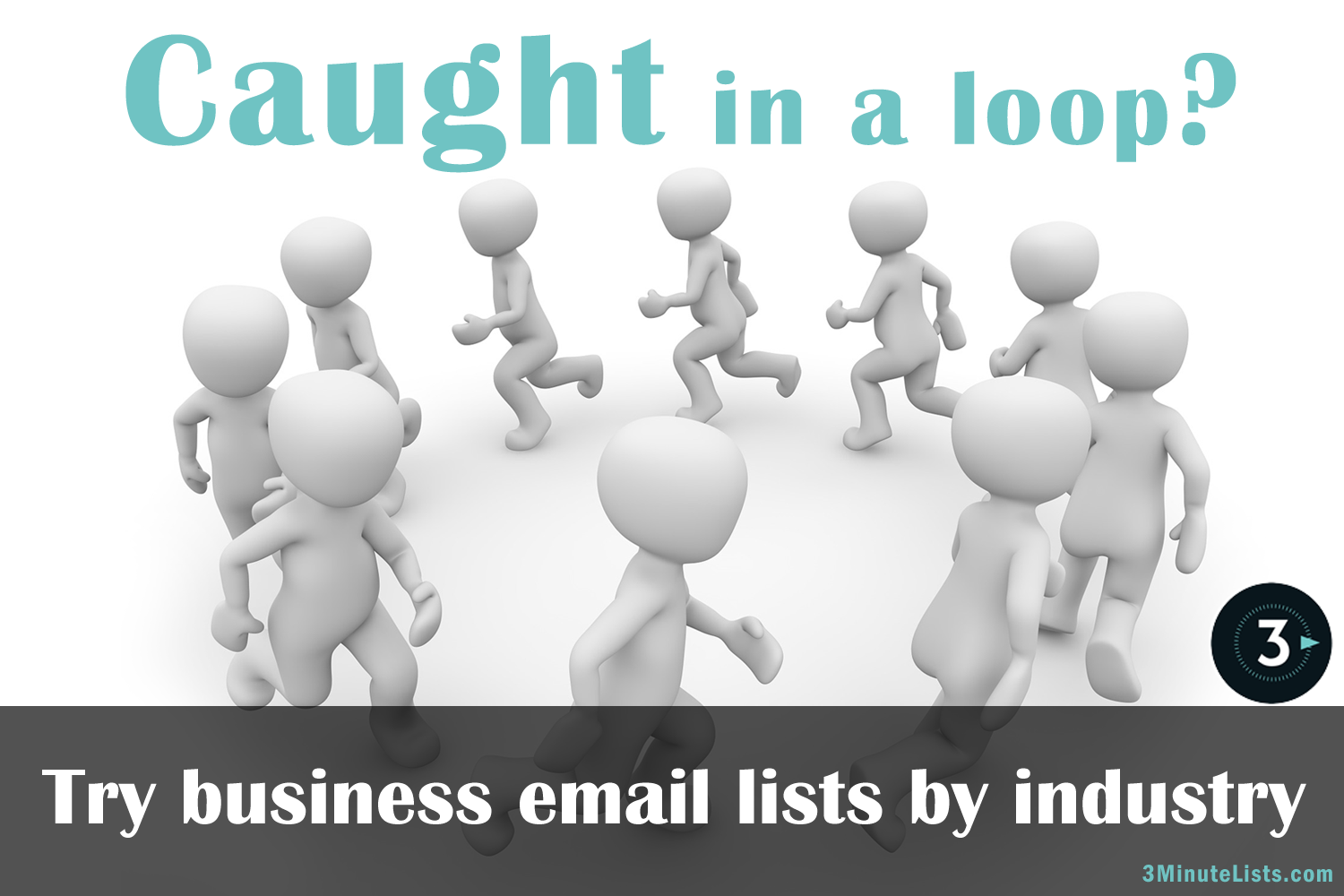Posted on 11/01/23

Why Communication Matters for Email Lists by Industry
Whether you buy an email list or put one together, many business owners don’t realize the importance of starting this process on the right foot. The impact of this resource can be tremendous, but only when you stop working with generalities.
Email lists are powerful because they offer access to several immediate benefits.
· It is a personal medium, even when you work with B2B email lists. It feels to the reader like you’re having a one-on-one conversation with them.
· People must fill out forms or confirmations to ensure they’re part of the community you’re building or accessing.
· Subscribers have already indicated that they’re interested in working with you.
· You own the list, whether you’ve built or purchased it.
When you understand the industry for the receiver and how that information relates to your products or service, you’ll have a tremendous resource that does more than improve communication with prospects.
You have a tool that can significantly increase sales.
People can fake expertise, but those lies are eventually outed. With the internet’s expansiveness, it only takes a couple of search engine queries to see if you’re telling the truth or pretending to be something you’re not.
Since email recipients can be sensitive to disinformation when conducting business, your communication must come from an authentic space. Any possibility of falsehood will be called out immediately, even if it is just a perception.
That’s why shoring up your communication skills is crucial to your success. Here are the ways that you can do that when implementing your next campaign.
There isn’t a trick or secret to creating emails with persuasive and assertive communication. Be clear and brief with your statements. Remove flowery language and unnecessary words or jargon that distract from the message. [[1]]
Know what you want to say to your email lists by industry before sitting down to compose the first or next message to recipients. Think about the entirety of what you want to accomplish instead of trying for a quick click or sale. How will you respond to criticism or questions? [[2]]
You don’t provide facial cues and other nonverbal communication in an email, so readers often presume this information inaccurately. Try to put yourself in the shoes of the email recipient. Could something you’ve said be misinterpreted? [[3]]
It is only possible to communicate effectively with other people once you can understand how you feel and how to assess those personal emotions. When you become aware of how your feelings turn into behaviors after being triggered, it becomes easier to manage your reactions. Don’t send messages if you’re frustrated about something because those emotions will be found in words sent to your lists. [[4]]
After taking the time to develop a communication strategy, be patient with it. Marketing campaigns often need time to grow up to produce mature results. You might miss out on fantastic opportunities if you cut and run too soon. [[5]]
By separating your email lists by industry, you’ll communicate more effectively with each recipient. Paid options have done this work for you already, ensuring that well-vetted addresses are ready to hear your value proposition.